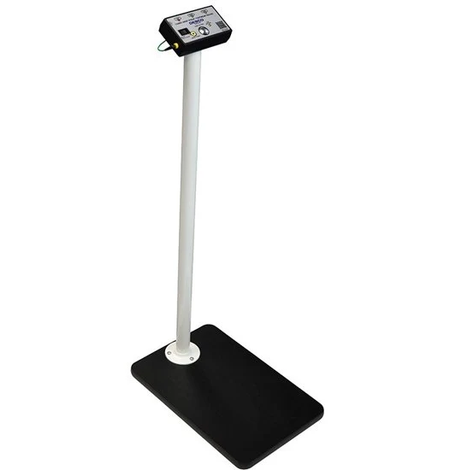Entering the world of electrical work can be thrilling – the ability to create, fix, and understand the systems that power our daily lives is both empowering and rewarding.
However, stepping into a new trade isn’t just about passion; it’s about being equipped for the job, literally.
In the vast spectrum of electricians' work, with its circuits, wires, and voltages, one of the first steps is building your foundational tool kit.
An Electrician's Arsenal
For the novice electrician, a reliable set of tools is more than the means to an end – it’s the backbone of safety, precision, and efficiency in your work.
Whether you're fresh out of an apprenticeship or are starting as a DIY enthusiast transitioning into the professional realm, knowing your tools is key.
Here's a breakdown of the core equipment you'll need, and why each is essential to your burgeoning career.
The Essentials
- Screwdrivers: A selection of flathead and Phillips screwdrivers can handle the majority of electrical work. Look for insulated handles and shafts for protection against electrical shock.
- Hammers: While less specific to electrical tasks, a good claw hammer is often necessary for securing fixtures and fittings.
- Pliers: Needle nose, side cutting, and linesman pliers are indispensable for gripping, twisting, cutting, and bending wires.
- Voltage Tester: The essential safety tool for any electrician to check for the presence of voltage in a circuit before handling it.
For Cable and Wire Management
- Fish Tapes: Used for pulling wire through conduits and walls.
- Tape Measures: A retractable tape measure is crucial for laying out and measuring wire and conduits.
- Conduit Cutters: For shaping electrical conduits and pipes.
Power Tools
Once you’re comfortable with these basics, you might consider investing in some power tools to further streamline your processes and save time, especially for larger projects.
Cordless drills, impact drivers, and reciprocating saws can greatly accelerate drilling, fastening, and cutting tasks.
Quality First
It might be tempting to go for the lowest prices, but in the world of tools, you often get what you pay for. Especially when it comes to electrical work, quality and safety go hand in hand.
Look for trusted brands that specialise in electricians' tools. Insulated hand tools are a non-negotiable and mark of quality. A frayed screwdriver causing a short circuit because you didn’t want to spend a little extra simply isn’t worth the risk.
Keeping Current with Technology
Electrical work, like all trades, is not a static profession. The tools of the trade are constantly evolving, not just in terms of features and quality, but also safety standards.
For example, modern voltage testers can now offer features like non-contact detection at a distance, saving time and improving safety.
Stay informed about the latest advancements and understand the benefits they offer in terms of your work quality and personal safety.
Practical Tips and Strategies
Starting can be overwhelming; not only do you have to learn how to use your tools, but you also need to keep them organised and in good condition.
Here are some practical tips and strategies for managing your electrical toolkit:
- Tool Storage: Invest in a good toolbox or tool bag with separate compartments for easy storage and transportation.
- Tool Maintenance: Regularly clean and inspect your tools. Replace any that show signs of wear and tear.
- Always Ready: Keep a checklist of your tools and ensure you have everything before starting a job. Forgetting a vital tool can halt your work and is an avoidable frustration.
In Summary
Your electrical toolkit is more than a source of equipment — it represents potential and future successes in the field. Investing in the correct tools right off the bat is an investment in your professional growth and the quality of your work.
Mektronics Australia offers a comprehensive collection of electrical tools for novices, making it easy to secure the kit you need.





